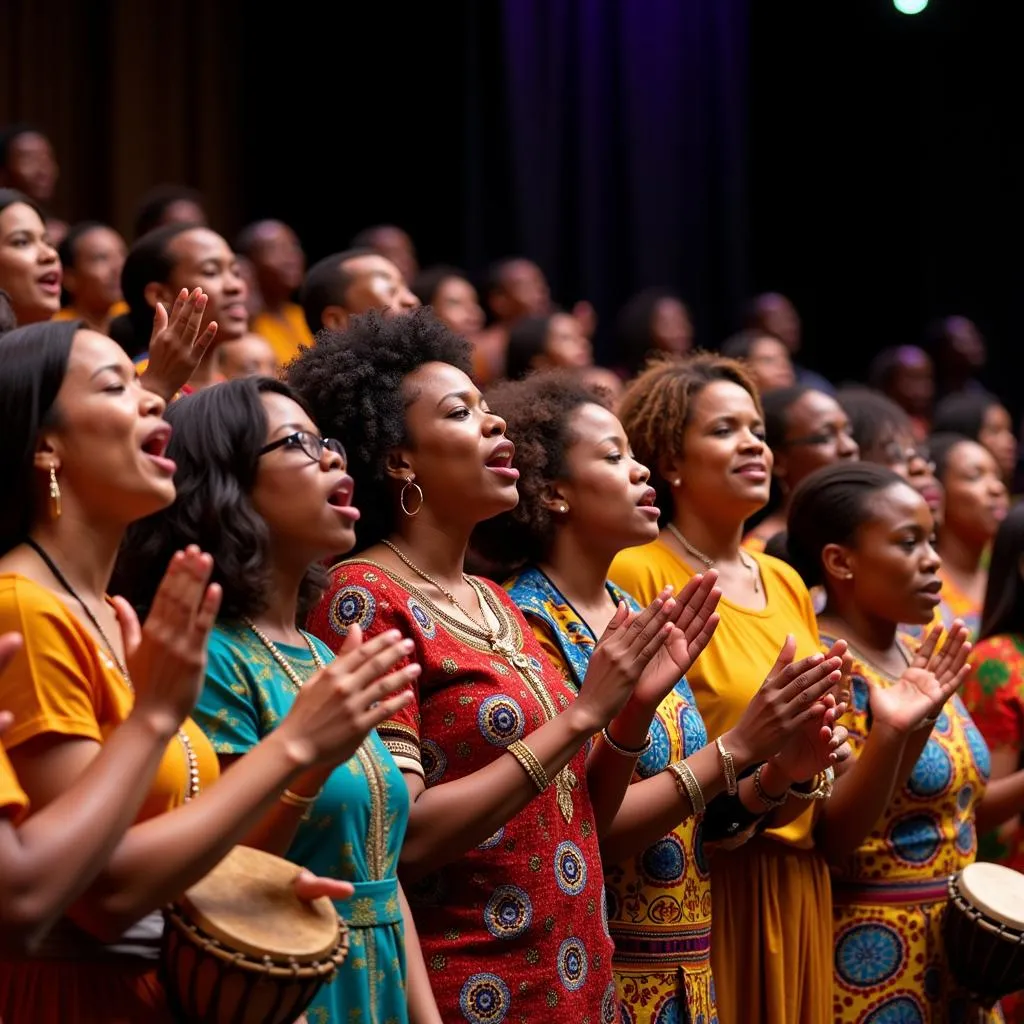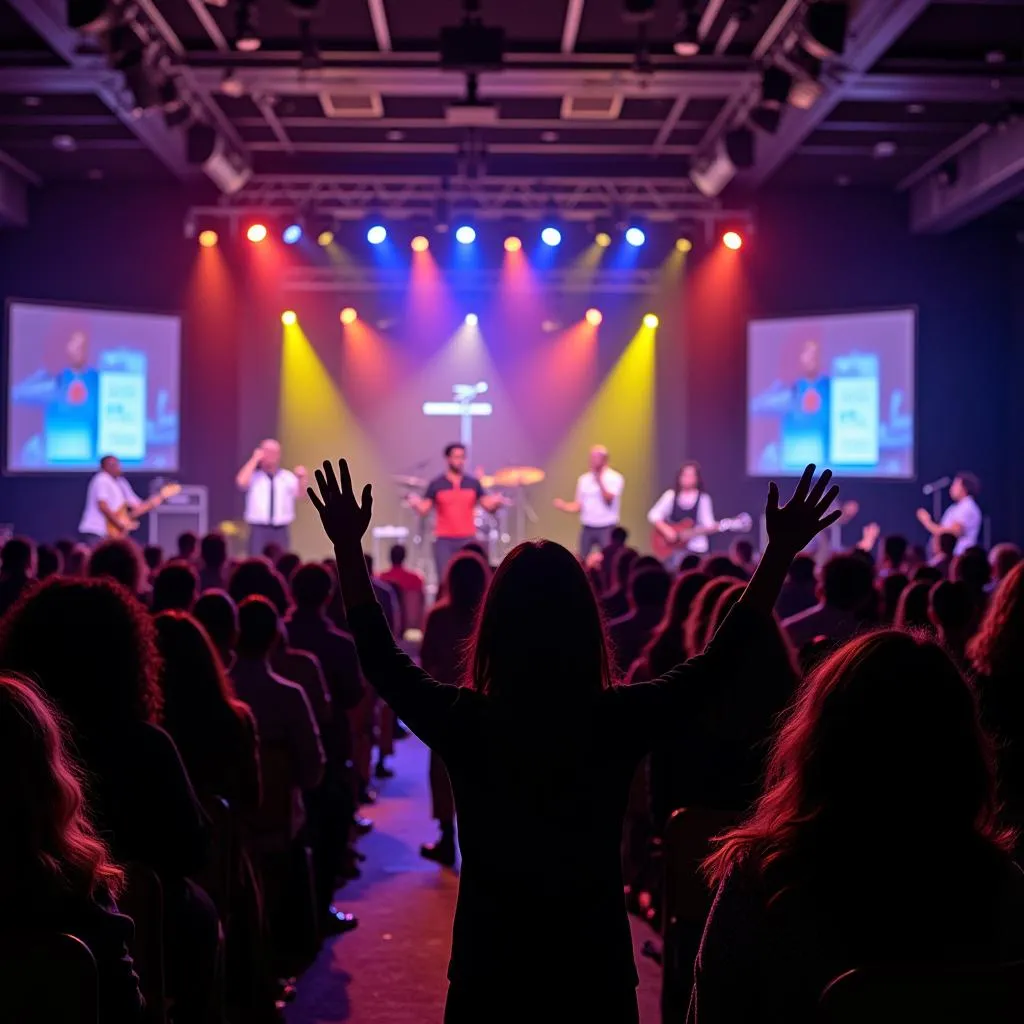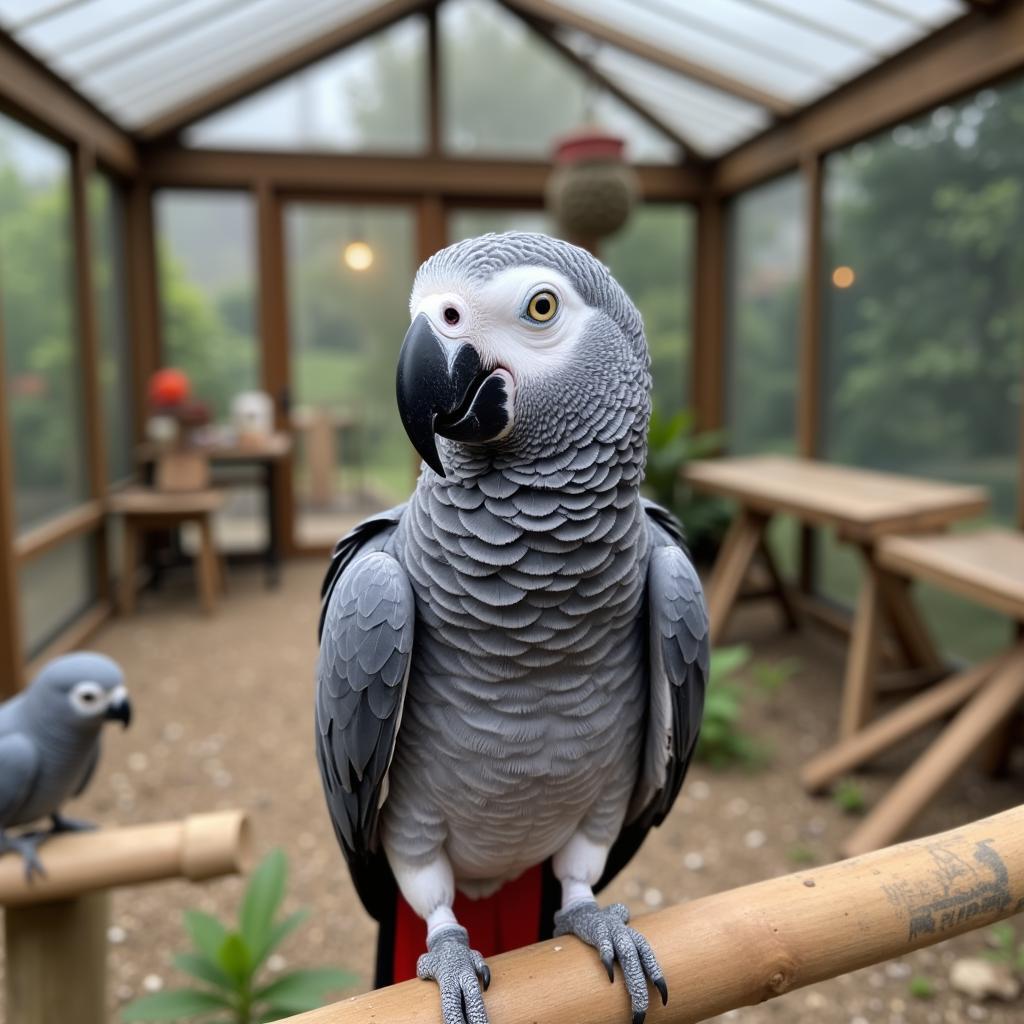The Joyful Noise: Exploring African Gospel Dance Songs
African Gospel Dance Songs are a vibrant and essential part of the continent’s rich musical tapestry. More than just music, these songs are a powerful expression of faith, joy, and community, reflecting the deep spirituality woven into the fabric of African culture.
The Roots of Rhythm: Tracing the History
To understand the power of African gospel dance songs, one needs to delve into their historical roots. Music has always held a central place in African societies, serving as a conduit for storytelling, celebration, and spiritual expression. The arrival of Christianity in Africa saw the fusion of traditional rhythms and melodies with Christian themes, giving birth to a unique and captivating genre.
Early forms of African gospel music drew heavily on indigenous musical traditions, often incorporating elements of call-and-response vocals, polyrhythms, and the use of traditional instruments like drums and xylophones. This fusion created a sound instantly recognizable and undeniably African, even as it celebrated Christian beliefs.
 African Gospel Choir Singing
African Gospel Choir Singing
More Than Music: The Significance of Dance
Dance plays an equally integral role in African gospel music. It’s not merely an accompaniment to the music, but rather an inseparable element of worship and celebration. The movements are often energetic and expressive, reflecting the joy and exuberance found within the music itself.
Different regions across the continent have developed their own unique dance styles incorporated into gospel music. From the energetic moves of South African gospel to the graceful rhythms of East African worship, these dances are a visual representation of the faith and spirit embodied in the music.
A Global Impact: The Rise of African Gospel Dance Music
In recent decades, African gospel dance songs have transcended geographical boundaries, captivating audiences worldwide. Artists like Sinach, Nathaniel Bassey, and Joe Mettle have gained international recognition, their music spreading messages of hope, faith, and inspiration to a global audience.
 African Gospel Concert Stage
African Gospel Concert Stage
This global popularity is fueled by several factors. The music’s infectious energy, coupled with its uplifting lyrics, has found resonance with people from all walks of life. Moreover, the incorporation of traditional African sounds and rhythms brings a unique flavor to the global gospel scene.
Experiencing the Spirit: Notable Styles and Artists
African gospel dance music is not a monolithic entity; it encompasses a wide range of styles and variations. South African gospel, for instance, is known for its vibrant energy and powerful vocals, often incorporating elements of “isicathamiya” and “mbaqanga” music. East African gospel, on the other hand, tends towards a more melodic and harmonic style, reflecting the region’s rich musical heritage.
Some of the most prominent names in African gospel dance music include:
- Sinach: Known for her hit song “Way Maker,” Sinach is one of the most celebrated figures in contemporary African gospel. Her music is characterized by its powerful vocals, uplifting lyrics, and infectious energy.
- Nathaniel Bassey: A renowned trumpeter and gospel artist from Nigeria, Nathaniel Bassey’s music often blends traditional African sounds with contemporary gospel influences. His songs are known for their spiritual depth and musical richness.
- Joe Mettle: Hailing from Ghana, Joe Mettle is a leading voice in contemporary African gospel. His music is characterized by its soulful vocals, inspiring lyrics, and dynamic performances.
The Legacy of Joy: African Gospel’s Enduring Appeal
African gospel dance songs are a testament to the enduring power of music to uplift, inspire, and unite. They offer a glimpse into the heart and soul of African spirituality, expressing faith, hope, and joy through a captivating blend of rhythm, melody, and movement. As this genre continues to evolve and captivate audiences worldwide, one thing remains certain: the joyful noise of African gospel dance music will continue to resonate for generations to come.
